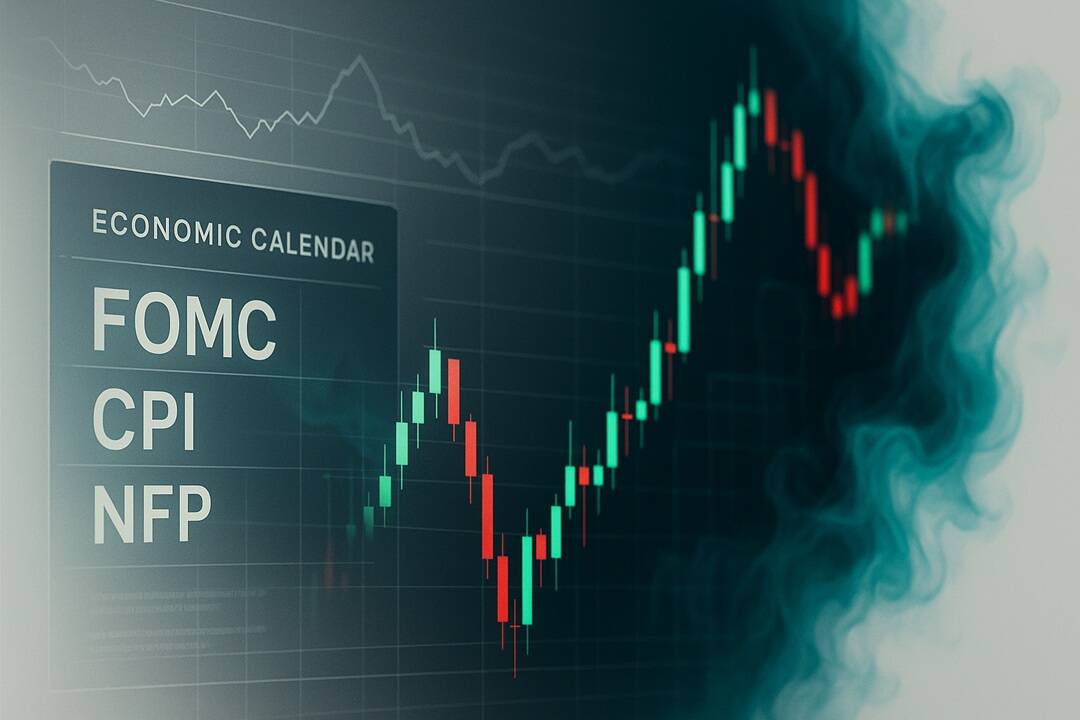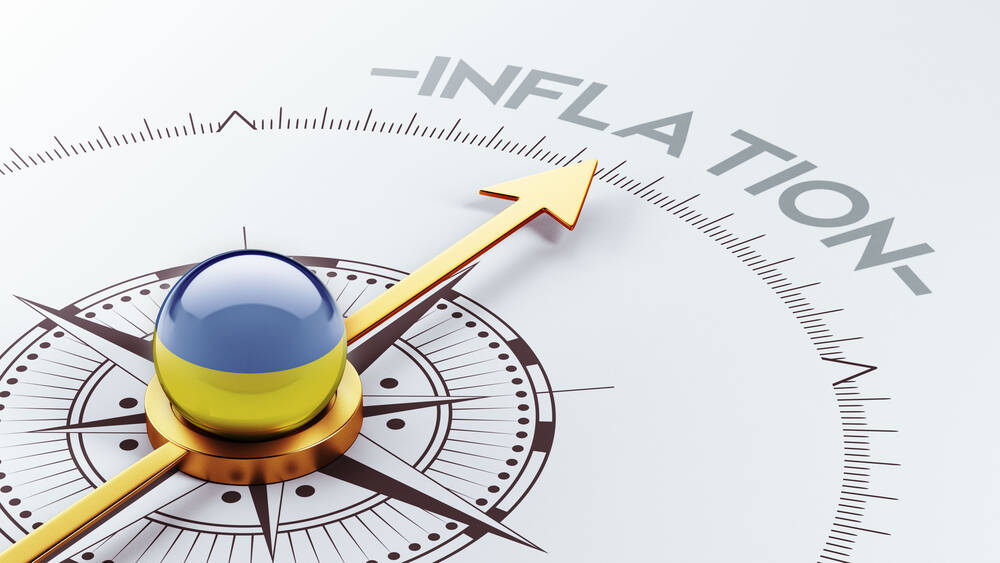Advertisement
Advertisement
Search Indicator:
Choose Country 
Euro Area Wage Growth
Last Release
Sep 30, 2022
Actual
2.1
Units In
%
Previous
4.1
Frequency
Quarterly
Next Release
Mar 19, 2026
Time to Release
2 Months 29 Days 12 Hours
Highest | Lowest | Average | Date Range | Source |
5.4 Jun 2020 | -0.5 Jun 2021 | 2.04 % | 2009-2022 | Eurostat |
In the Euro Area, wage growth refers to the change in the total remuneration, in cash or in kind, payable to all persons counted on the payroll (including home workers), in return for work done during the accounting period, regardless of whether it is paid on the basis of working time, output or piecework and whether it is paid regularly.
Latest Updates
Wages across the Eurozone rose 3.0% year-on-year in the third quarter of 2025, the least since Q3 2022, and slowing from 3.7% in the previous quarter. Among the region’s largest economies, wage growth decelerated notably in Germany (3.6% vs. 4.2% in Q2 2025), France (1.3% vs. 1.4%), Italy (2.4% vs. 3.4%), Spain (2.0% vs. 3.4%), and the Netherlands (3.6% vs. 6.3%).
Euro Area Wage Growth History
Last 12 readings







